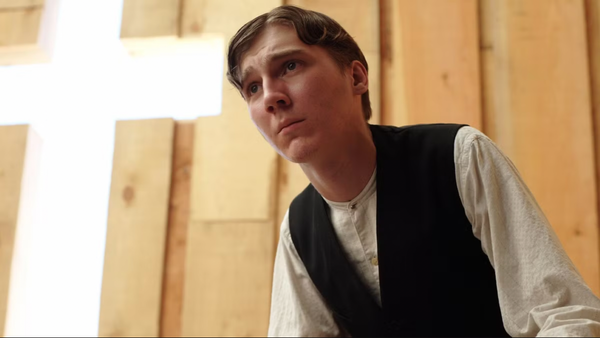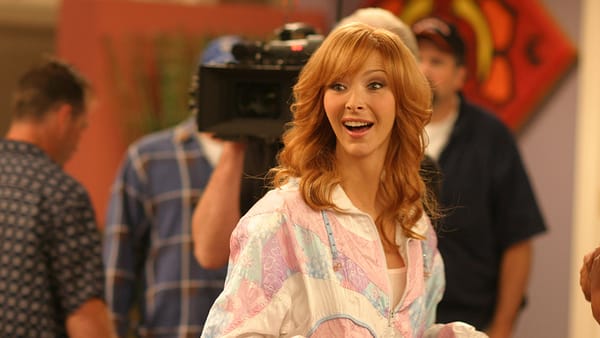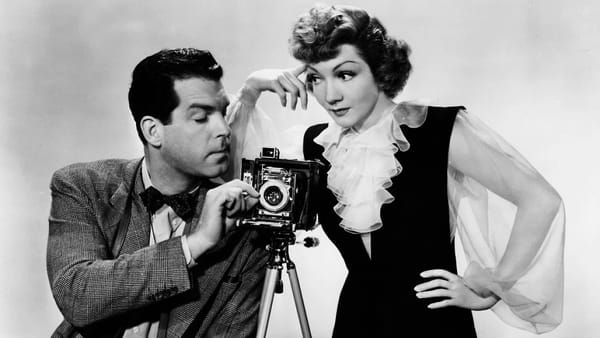Psycho. #55
True story.
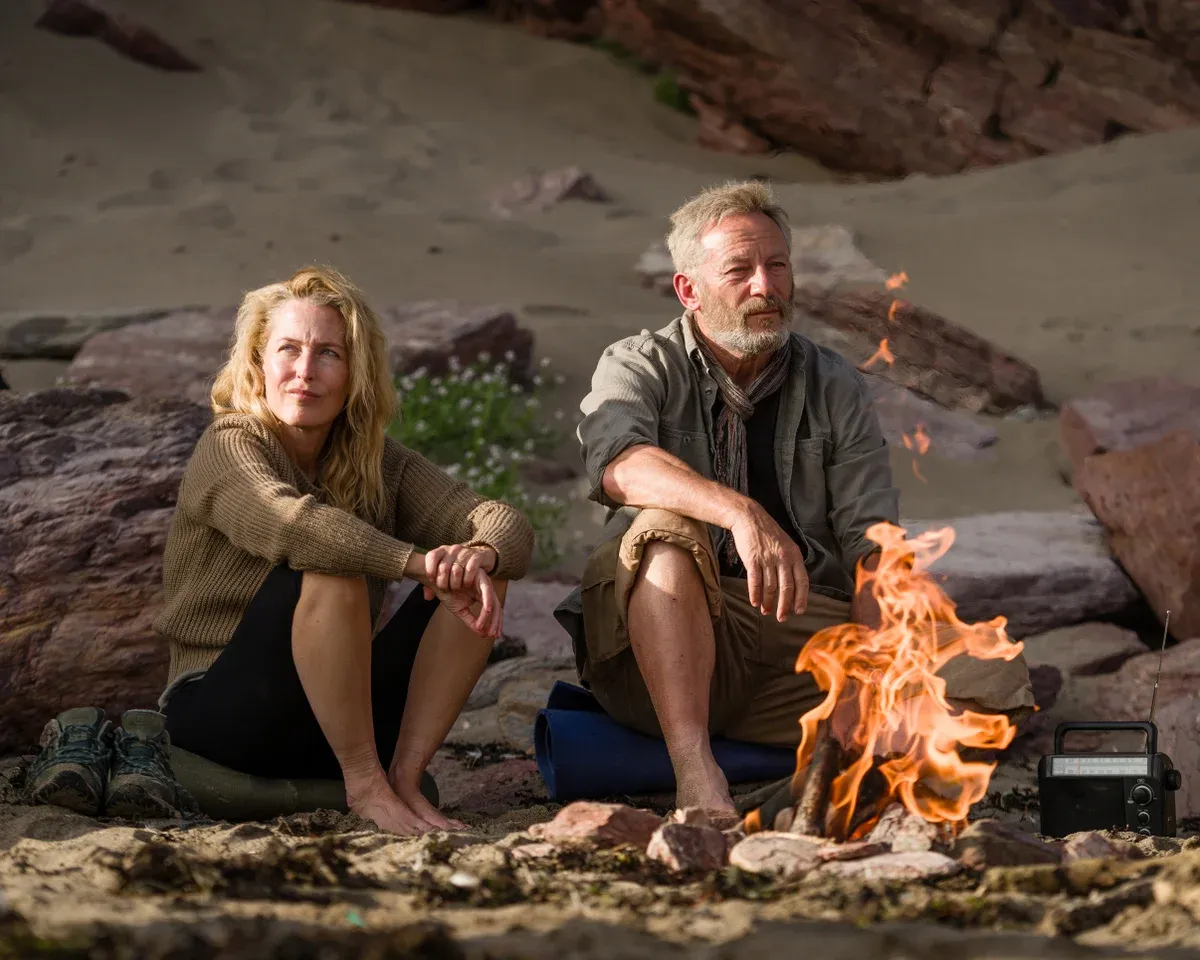

Dear Caspar, I wondered, as this week's furore over The Salt Path unfolded, what your opinions are about biographical films? Are there any that you particularly admire, or indeed despise? What do you feel is the role or relevance of historical accuracy in these films? And I can't resist asking who you would cast as yourself in a biopic, given your own early acting career? Thank you, as always, for your cinematic perspicacity.
See! See??! Here is proof — at long last — that I’m not making up the questions myself, because I would never think to compliment me on my ‘cinematic perspicacity’, and even copying and pasting it over just now felt almost painful. Thank you, however, and thanks for this fun question.
What a lot of fun the Salt Path saga has been, eh? We haven’t had all that much joy recently, so I’ve been grateful for the sheer pleasure provided by the absolute nonsense of this story. I had managed to steer entirely clear of ‘The Salt Path’ (a book that has sold 2M copies), only vaguely recollecting that there was a quite ass-looking film of the same name out in cinemas right about now. So I was pleased to discover there was a Classic British Grifter at the centre, who went by the name of ‘Raynor Winn’, who was married to somebody called ‘Moth’ (?), and that they managed to cure him of cancer or whatever by going for a walk. After nicking a bunch of money and setting up a load of cash-grab schemes. Yes! That’s the stuff right there. The absolute chasm between what we were being told (live your life, embrace freedom and happenstance) and what was actually happening (cheats making up some shit for big bucks) is what really makes it. We haven’t reached Hannah Ingram-Moore levels of fraud just yet (exploiting an ancient man for cash during a worldwide epidemic), but I trust there’s more to come from this saga.
Send your questions anonymously to Caspar at this link, no personal information is collected.
I don’t know that there’s much of a logical leap to be made from The Salt Path to biographical films, however. Sidenote: it’s rather classy of you not to use the popular term ‘biopic’: I assume you are avoiding it as a mark of disapproval towards increasingly embarrassing trade bible Variety, which coined the term back when it wasn’t quite so invested in generating clickbait off Hollywood figures taking a position on the Gaza genocide. Here is a fun list of Variety-coined terms that I always enjoy revisiting, which includes other phrases that have really broken through, such as ‘payola’ and ‘sex appeal’, alongside terminology that sadly hasn’t made it into the mainstream, like ‘boffo’ (meaning outstanding), ‘oater’ (a Western), and ‘hoofer’ (dancer).
The equivalent of ‘The Salt Path’ isn’t really a biopic, however — it would be some kind of crass self-help thing about a ‘journey’ of self-discovery, such as ‘Wild’ (subtitle: “From Lost to Found on the Pacific Crest Trail”) by the pleasingly named Cheryl Strayed; or ‘Eat, Pray, Love’ (subtitle: One Woman's Search for Everything Across Italy, India and Indonesia) by Elizabeth Gilbert, both of which were remarkable publishing successes and were adapted into commercially successful movies. That kind of story — the leveraging of memoir for a particular type of ‘inspirational’ story sought by readers who wish for answers in their lives, perhaps as a response to a rise in technological dependency and the obvious godlessness of our world — is self-evidently ripe for fraudulence.
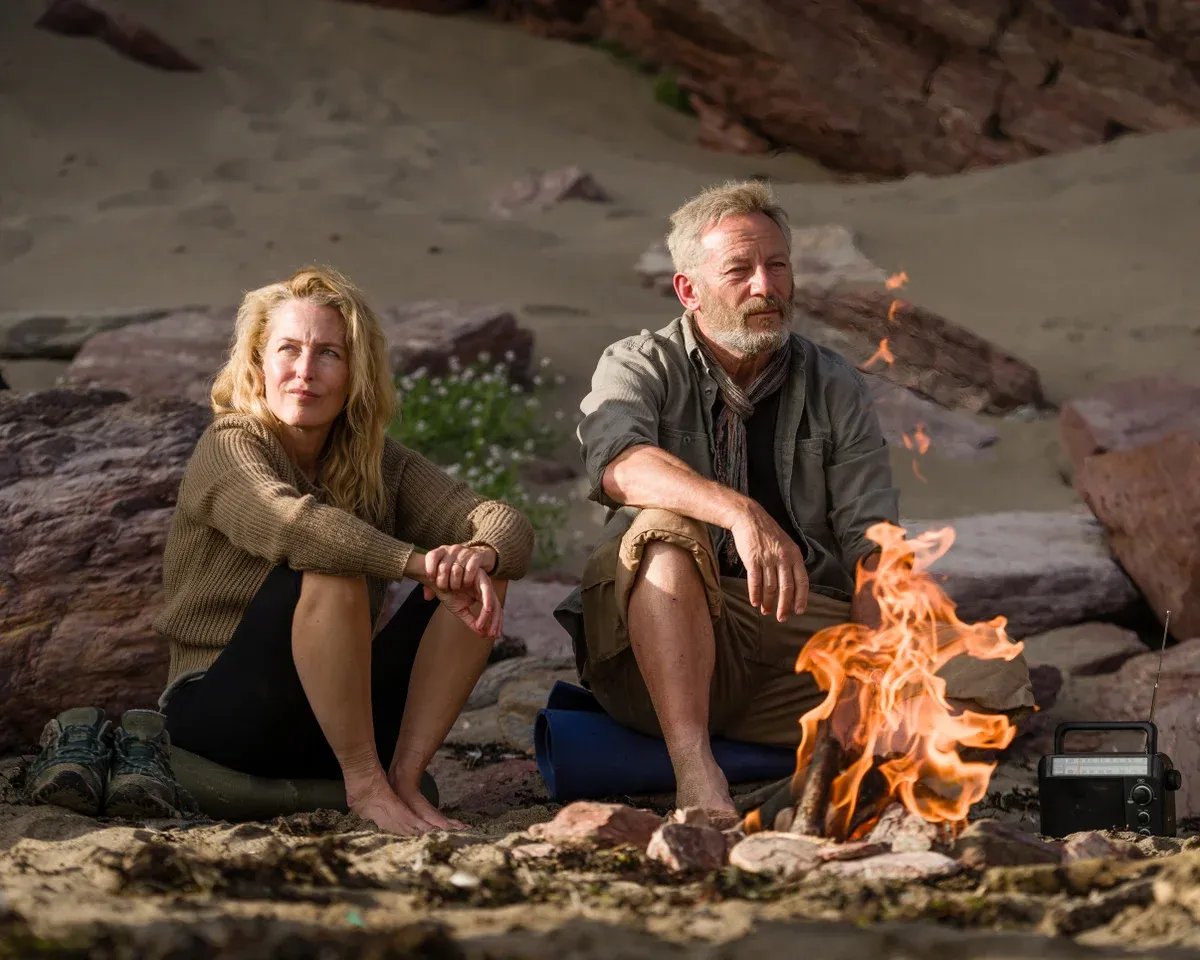
Because life cannot be neatly fitted into a literary form, it is obvious that writing about one’s life may entail a degree of fabrication — hell, even David Sedaris had a mini-scandal about what was and wasn’t true in his little vignettes for the New Yorker and NPR about being gay and weird. Meanwhile, writers like James Frey, JT LeRoy, and Dan Mallory have all been through — and weathered — scandals to do with misrepresenting their identity and their work.
I’m surprised that, in the articles I’ve read about SaltPathgate, nobody has so far commented on another instance of literary deception, by the Nobel Prize-winning John Steinbeck, in his book ‘Travels with Charley’, about a road trip supposedly taken by the author in a camper-van with a poodle. Perhaps the story of Steinbeck’s liberal way with the truth unfolded too long ago for it to have really marked contemporary minds; it may just be that the book is completely dated, being a snapshot of modern society in 1962. But the fact does seem to be that Steinbeck made up substantial parts of the book, so that new editions carry notices to that effect. Admirers of the book point to the fact that Steinbeck was a novelist, and argue that it contains observations about its time that are accurate and distinctive. What measure of truth do writers or creators owe us?
I think we are currently stuck in a rather uncomfortable place, in terms of — in the words of serial killer Aileen Wuornos — “books and movies and shit”, where we have started to blur fact and fiction, and seek ‘stories’ from what we term ‘real life’. Autofiction and non-fiction rule the day, and are accompanied by deceptive accounts of people’s lives online, which necessarily editorialise events for drama and, ultimately, for money. Just yesterday, my kids and I were debating a video that they had seen, by a very popular bunch of YouTubers who film various episodes of their lives, as ‘content’. My 7yo had seen a video in which these morons filmed themselves being evacuated from their home and holing up in a hotel; they are shown reacting in real time, and — in my 11yo’s view — dramatising those events, editorialised with “hey you guys”-style reportage. What is the truth of the matter here? What are the ethics? And what kind of form are we looking at? Autobiographical non-fiction? Journotainment? The modern world has led us into an almost constant contention with the nature of truth-telling and reporting, and deriving fun or pleasure from events and their description. “Oh no, that’s a fake,” we say, daily. And “real life” takes on a fantastical quality, seeming scarcely believable much of the time.
Some of the best biopics tussle with this difficulty, and I find that the worst ones lack a proper dialectical examination of it. A Complete Unknown (2024) seemed content merely to present a young man to us, and say: “this is Bob Dylan.” It isn’t, though, is it? None of what the film presents has a deeper meaning because we are only watching uni-dimensional events involving some guitar boy singing songs in 1964; the essence of ‘Bob Dylan’, of what he signifies, is not to be found here. Todd Haynes’s film, I’m Not There (2007) (significantly, his second feature film to wrestle with the concept of musicians and the elusive nature of identity and stardom, after the travails of his David Bowie-centred Velvet Goldmine, 1998) is so much more flexible, and spiky, and ready to take a leap of faith. In the end, having necessarily failed to circumscribe the elusive Bob Dylan as a character — or rather, having pointedly not even tried to do so — the film can instead point to its success in giving an idea of him, in representing his music and certain aspects of him, and in describing his acts of self-mythologising and fabrication and purloining here and there. I’m Not There frames ‘Bob Dylan’ in a mirror and then takes a hammer to the glass: we see him in so many splintered pieces, from different angles, at different distances.
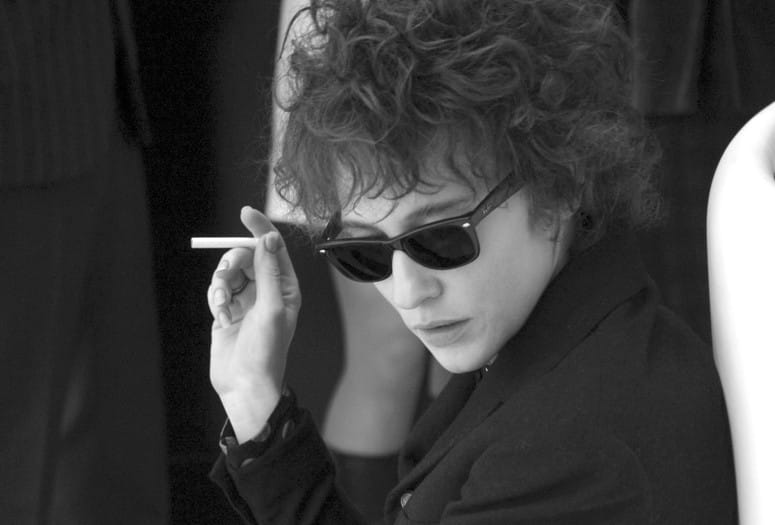
I loathe the biopic in general, because it seldom has anything to tell us, within its actual form, about the people at its heart: where is the artistic engagement with the very idea of representation? Haynes has always played with that, from his Barbie-based short film about Karen Carpenter onwards, probably in part because, as a queer man, he is keenly attuned to issues about our self-perception and self-presentation. Some other biopics have a certain worth — Capote (2005), at least, only shows a tiny section of Truman Capote’s life, so that its terms of engagement can be met. Mathieu Amalric’s Barbara (2017), a rather maddening stylistic exercise about the eponymous singer (one of my favourites) has a sort of trompe-l’oeil form, searching and heightened, and its screenplay is in dialogue with Barbara’s work. This means that the act of mimesis by Jeanne Balibar as the singer, while faithful to her mannerisms, can also be playful and gesture towards her, rather than attempt to lock her down. And Erin Brockovich (2000) is just fun, an experiment in star casting that elevates the title character into a Western hero, duking it out with the best of them. There is sheer pleasure in performance, which leads us away from the tedium of ‘memoir’: anybody watching the film to learn something about the actual person ‘Erin Brockovich’ needs to get their head fixed.
Do we go to the movies, or any art form, for truth? Surely not, that would be absurd; and yet sometimes a movie can throw up a moment that feels good and true, when reality has been observed and something about ourselves is really said. Mia Hansen-Løve works within the medium of memoir, you could say — from a film obliquely about her brother (Eden, 2014) to one obliquely about her father (One Fine Morning, 2022), via films based on her own romantic life (Goodbye First Love, 2011, Bergman Island, 2021). And what is finest and most intelligent about her work is her ability to find lyricism in the everyday, while refracting these events through her own imagination and subjectivity. Her films have a prickle of feeling to them, like a needle poking at the skin, then breaching the epidermis. In Things To Come (2016), Isabelle Huppert (playing a character based on Hansen-Løve’s mother) angrily throws a bouquet of flowers in a bin, but is unable to do so with enough brio, having to stuff the flowers into the container in a way that demeans her, and which is unfortunately comedic; and later ruefully returns to retrieve them. That is almost certainly not ‘real’ — I doubt it was directly transcribed from her mother’s life — but it is honest; it feels true, and good. That truthfulness comes not just from being well observed, but from representing ambiguity, something not clean and processed and simple. It has a dialectical and questioning approach to identity.
After having such a pop at the biopic form, I’m now struggling to get into the right frame of mind to answer the secondary, lighter part of your question! Deary me. An actor to ‘play’ me. Hmmmmm. Oh god, now it has suddenly become crystal clear to me that I’m going to be a tertiary character in somebody else’s biopic — a tiny walk-on part for, say, Laurie Kynaston. Oh Christ! What a bummer to end on. But yeah, I think at the moment it’s that. Sorry! I will try to do better.
Send your questions anonymously to Caspar at this link, no personal information is collected.

